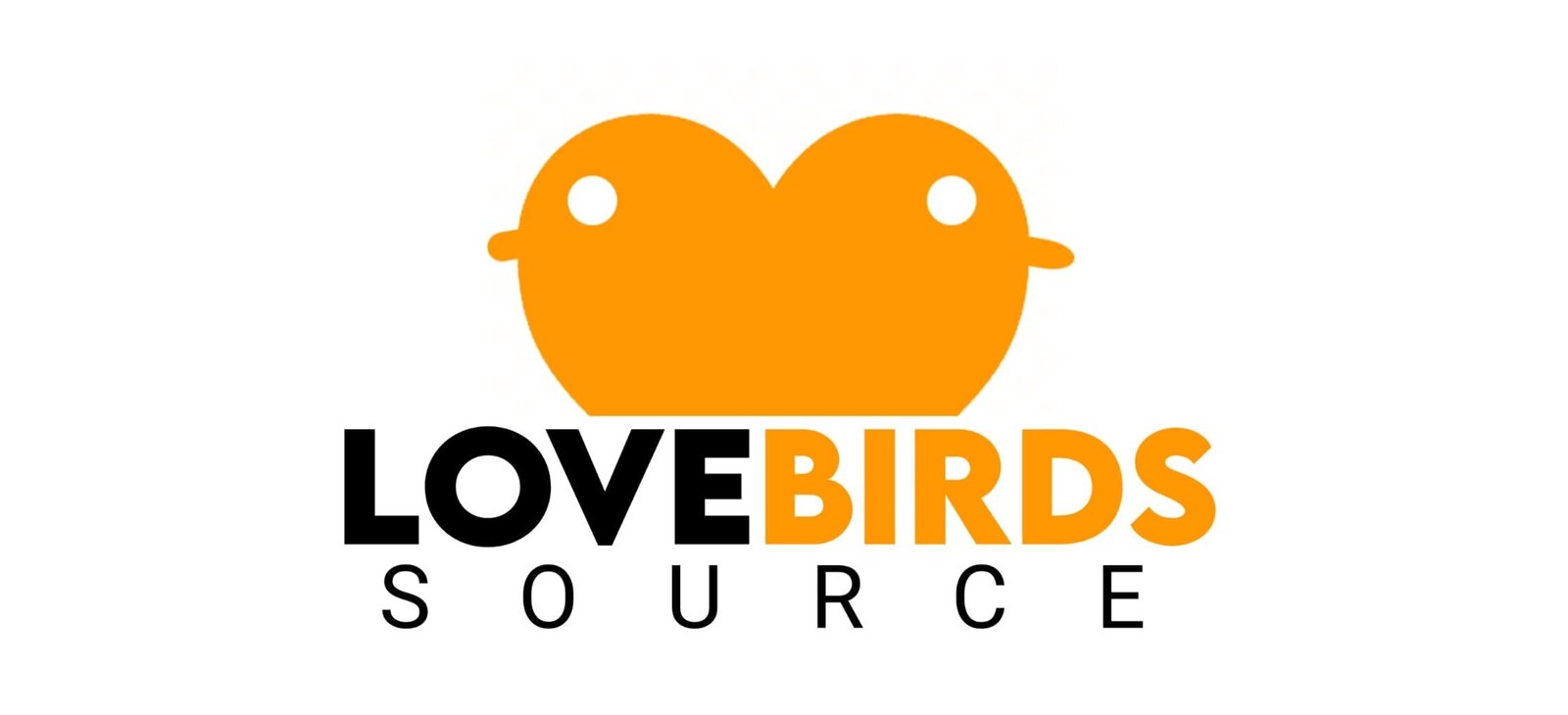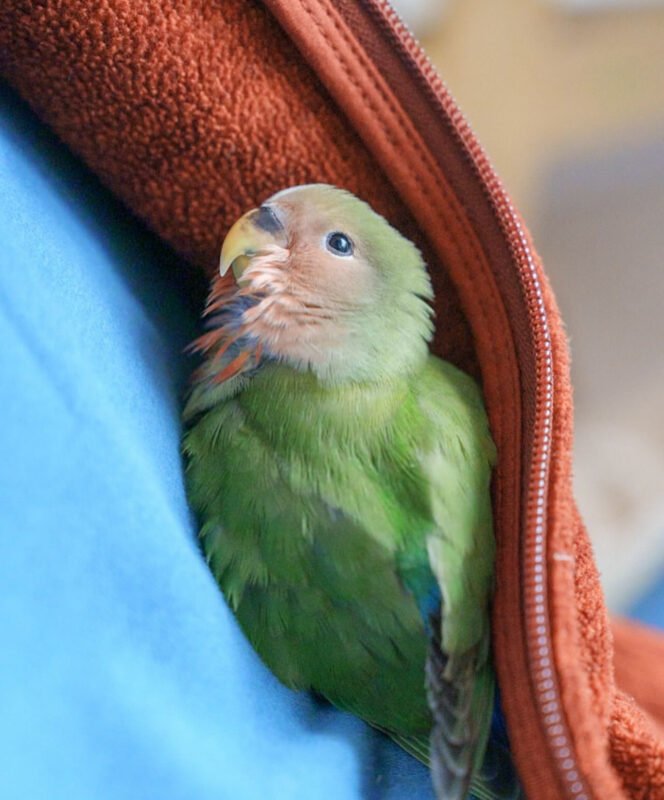Blog
Feeding Your Lovebirds: A Nutritional Guide for a Balanced Diet
Overview
Lovebirds are delightful and colorful little parrots that make wonderful pets. Taking care of these beautiful birds involves providing them with a balanced and nutritious diet to keep them healthy and happy. In this blog post, we will explore the essential components of a lovebird’s diet and offer some tips on how to feed your feathered friends for optimal health.
Lovebirds are small parrots that are native to the African continent. In the wild, they feed on a variety of foods, including seeds, fruits, vegetables, and even the occasional insect. To replicate this diverse diet in captivity, it is essential to offer your lovebirds a mix of high-quality seeds, fresh fruits, and vegetables.
Seeds are a staple of a lovebird’s diet and should make up a significant portion of their daily food intake. A good seed mix for lovebirds will typically include a variety of seeds such as millet, sunflower seeds, and safflower seeds. Make sure to provide fresh seeds regularly and remove any uneaten or spoiled seeds from the cage to maintain freshness.
In addition to seeds, fresh fruits and vegetables are essential for providing lovebirds with the vitamins and minerals they need to stay healthy. Lovebirds enjoy a variety of fruits such as apples, pears, berries, and citrus fruits. When offering vegetables, consider options like leafy greens, carrots, bell peppers, and broccoli. It’s important to wash fruits and vegetables thor
oughly and cut them into small, bite-sized pieces to make it easier for lovebirds to eat.
Supplements can also be beneficial for lovebirds to ensure they are getting all the necessary nutrients. Calcium supplements, in particular, are important for female lovebirds, especially during breeding or egg-laying periods. Consult with an avian veterinarian to determine if your lovebirds would benefit from any specific supplements based on their individual needs.
When feeding your lovebirds, it’s crucial to provide fresh water daily. Lovebirds are active birds that require a lot of water to stay hydrated, so make sure their water dish is always clean and filled with fresh water.
In conclusion, a varied and balanced diet is key to keeping your lovebirds healthy and happy. By offering a mix of high-quality seeds, fresh fruits, vegetables, and supplements when needed, you can ensure that your feathered friends receive the nutrition they need to thrive. Remember to consult with an avian veterinarian for personalized advice on your lovebird’s

